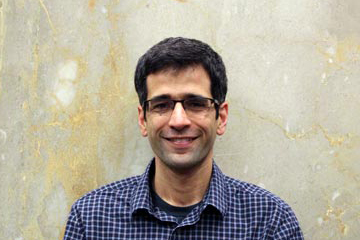
Rebuilding Irrigation Infrastructure and Institutions: Evidence from Afghanistan
Date Published
May 30, 2025
Authors
Ariel BenYishay, Carey Glenn, Seth Goodman, and Rachel Trichler
Publisher
Economic Development and Cultural Change
Citation
BenYishay, A., Glenn, C., Goodman, S., & Trichler, R. (2025). Rebuilding Irrigation Infrastructure and Institutions: Evidence from Afghanistan. Economic Development and Cultural Change, 73(4), 1761–1796. https://doi.org/10.1086/733269
Abstract
We study the rebuilding of irrigation infrastructure and associations in a postconflict setting, where conflict risks, corruption, and farmer uncertainty can undermine such efforts. To do so, we use satellite measures of crop greenness in the catchment areas around 80 canals and spatiotemporal variation in their rehabilitation. We find sizable gains due to the rebuilding efforts, equal to a 25% improvement in wheat yields. Gains are particularly large in districts seeing reductions in conflict, suggesting investments in irrigation can generate large gains within just a few years, even in areas recovering from violent conflict. In addition, the irrigation association institutions set up under the project did not themselves lead to higher yields, but gains near the start of a canal are not considerably bigger than those near its end and the perimeter’s outlying edges, suggesting that the associations successfully limited water diversion and loss (and in some cases disproportionately benefited the least advantaged farms).






